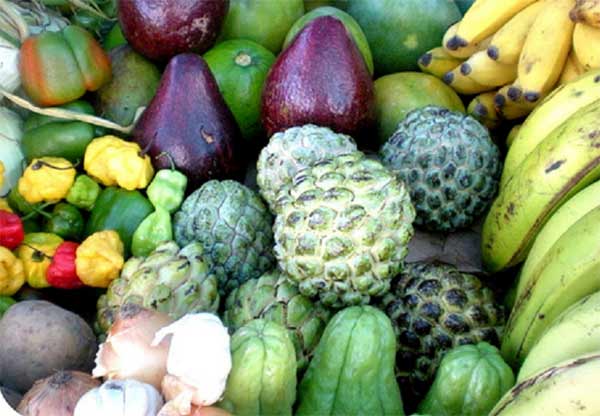
WHILE political parties have written lofty promises into their manifestos on reducing unemployment, the reality and the causes of our high unemployment rates must be examined and the conclusions conveyed to the electorate.
The reality though hard to accept, is that high unemployment will be with us for some time into the future. It is also important to look at the causes as they may give some understanding to the solutions. Saint Lucia experienced a spike in population growth in the 1980’s, in which it experienced the highest level of such growth ever. The statistics coming from our Statistics Department shows that by 2008, around the same time that those born in that era were entering the workforce, the labour market was not able to absorb the growth of the labour force, with the resultant effect of the growth of unemployment. Parallel with this phenomenon was the slowing of the economy. Between 2009 to 2013 two out of every three persons entering the workforce were unable to find a job.
Saint Lucia is not into the export of oil, where sudden surges in the price can bring windfalls and high economic growth in a very short term. The sustained growth of our economy is a tedious process requiring innovation and determination, which cannot be achieved in our five year electoral cycles. It thus requires a national commitment where both governing and opposition parties recognize that the economy is a national security issue.
The People’s Manifesto must thus be constructed on the foundation of truth with the walls of reality and the finishes of innovation. We must first recognize our strengths and build on them. Of the Windward Islands that were heavily involved in agriculture, Saint Lucia has the most advanced tourism product. So while we have maintained our involvement in agriculture we were able to develop our tourism product in parallel. Agriculture and Tourism must receive continued focus to ensure continued development and in the process foster economic growth. We see this as the legs on which the body of the economy will stand.
The tourism sector employs 13 % of the workforce and thus the operation of hotels does not create a significant impact on our employment figures based on direct employment. We therefore cannot continue to have a tourism product that is so disconnected from the rest of the economy. The Saint Lucia Tourist Board has to become more mature and move away from this propagandistic statistical approach of declaring tourist arrival numbers. A tourist who comes to Saint Lucia and does not spend a cent does not contribute meaningfully to economic growth; it is expenditure that is the relevant statistic.
We have to be innovative and begin to examine how tourism receipts can be increased. Hoteliers cannot see their properties as their oasis within the desert plains of Saint Lucia, and proceed to act as if within that confined hotel space, all the palm trees and refreshing waters exist. They must understand the importance of connectivity to the economy.
We therefore propose a tiered system of concessions in the tourism sector, where further incentives are given to hotel operators who proceed with this local connectivity. There will be a base level list of concessions provided as incentives within the tourism sector. The levels of concessions would therefore increase as there is more local engagement in the arts, agriculture and management staff in the operation of the business. In this way we shall progressively transform the tourism sector and in parallel see the true relationship between increases in tourist arrivals and economic growth.
We also see agriculture as a major employment generator. The focus in agriculture will be on import substitution and not on export. There will be an aggressive “BUY LOCAL “campaign. Every cruise ship tourist arrival will be exposed to our organic fruits, bananas and coconuts. The entire waterfront will be transformed into a ‘Garden of Eden’ on days when ships call into the Castries Harbour. The School Feeding Programme will be based on local produce only. By increasing the demand for local agriculture, there will be greater interest by young entrepreneurs.
The present activities in agriculture within the primary schools must be commended but this has to be moved to the secondary schools. Every student who leaves secondary school must experience the joy of planting and reaping. There has to be disruptive transformation in the tourism and agriculture sectors and we intend to pursue that approach as these are the vehicles to reduce unemployment in Saint Lucia.
Next week we look at INFRASTRUCTURE.















